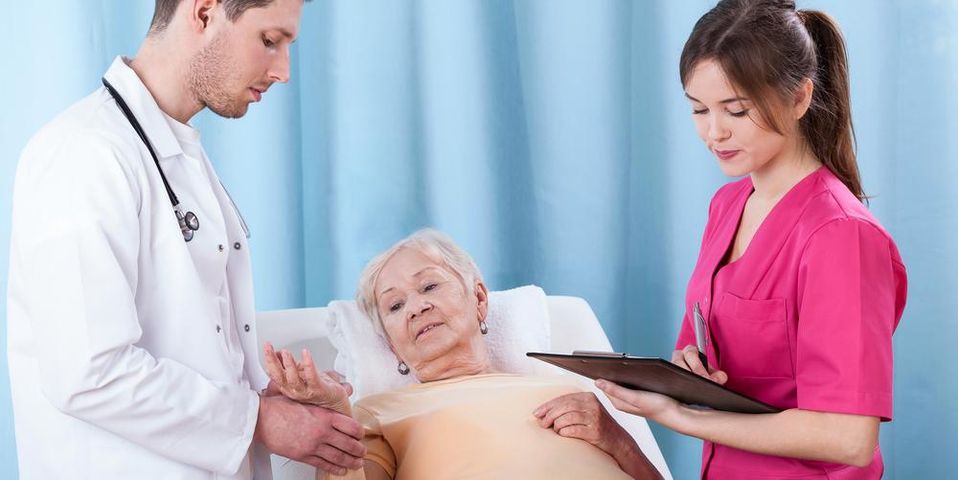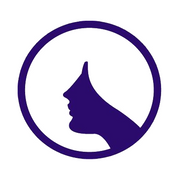5 Initial Warning Signs of Osteoporosis

If you are diagnosed with osteoporosis, it means that the creation of new bone in the body does not keep up with the removal of old bone. The condition can cause injury and medical problems, so it’s important to talk to a women’s health care provider if you begin to show symptoms. Here are the most common signs of this disease.
What Signals Osteoporosis?
1. Vitamin D Deficiency
Vitamin D is a fat-soluble nutrient that helps the body absorb calcium and phosphorous. These minerals keep bones strong and healthy. A blood test can show whether you are low in vitamin D.
2. Bone Fracture
Bone fractures are common in childhood and while playing contact sports. However, if you experience a break after 50, the bones may be porous and weak. Talk to your provider if you fall and break a wrist, knee, or hip so they can evaluate you for the condition.
3. Muscle Aches
 Muscle discomfort is common in a variety of diseases, including arthritis and trauma. If you experience chronic tension in any part of the body combined with these other symptoms, see a doctor. They will determine the source of the inflammation.
Muscle discomfort is common in a variety of diseases, including arthritis and trauma. If you experience chronic tension in any part of the body combined with these other symptoms, see a doctor. They will determine the source of the inflammation.
4. Body Weakness
Trouble standing up or getting out of a chair is a primary symptom of bone loss. Healthy females over the age of 50 should be able to move from their seat without using their arms to push.
5. Low Bone Density
If the doctor suspects you have osteoporosis, they may order a bone mineral density scan. This X-ray test measures the calcium inside the body. A T-score of -2.5 or less signals the presence of this condition.
Porous bones can cause a host of health problems for patients. Working with a compassionate and skilled women’s clinic will help reduce the effects. Women's Clinic of Lincoln, P.C. in Lincoln, NE, specializes in a variety of women’s health issues, including menopause, bladder control, and osteoporosis. To make an appointment, call (402) 434-3370. For more information about their services, visit their website.
About the Business
Have a question? Ask the experts!
Send your question

